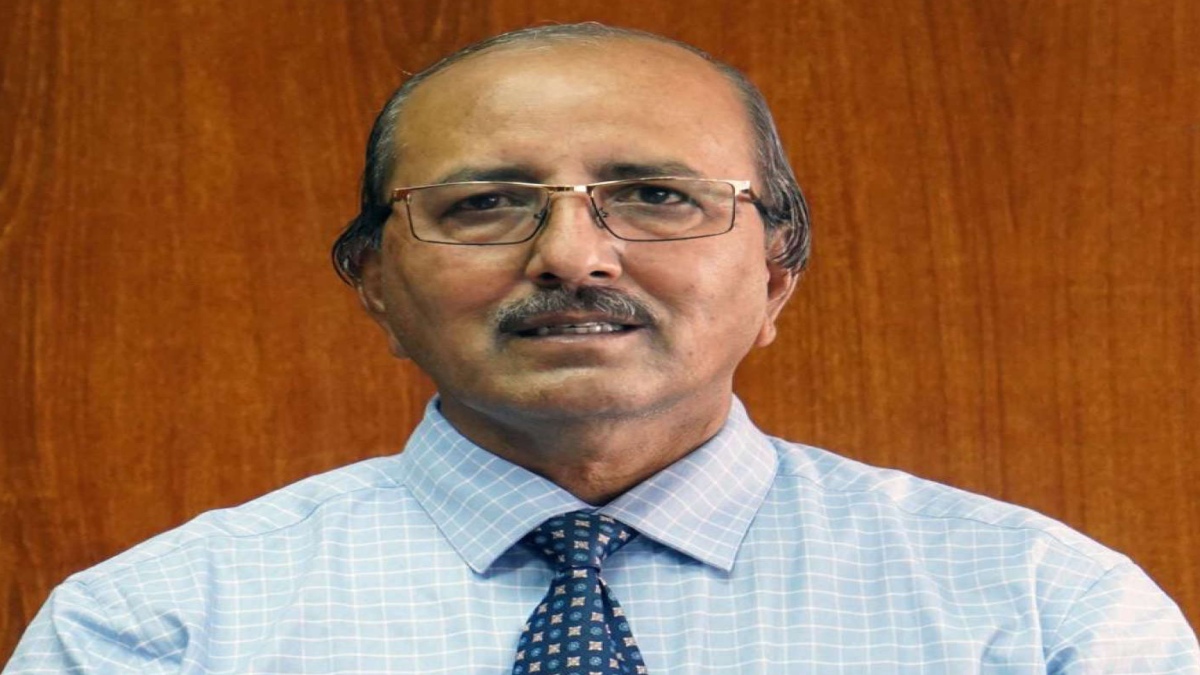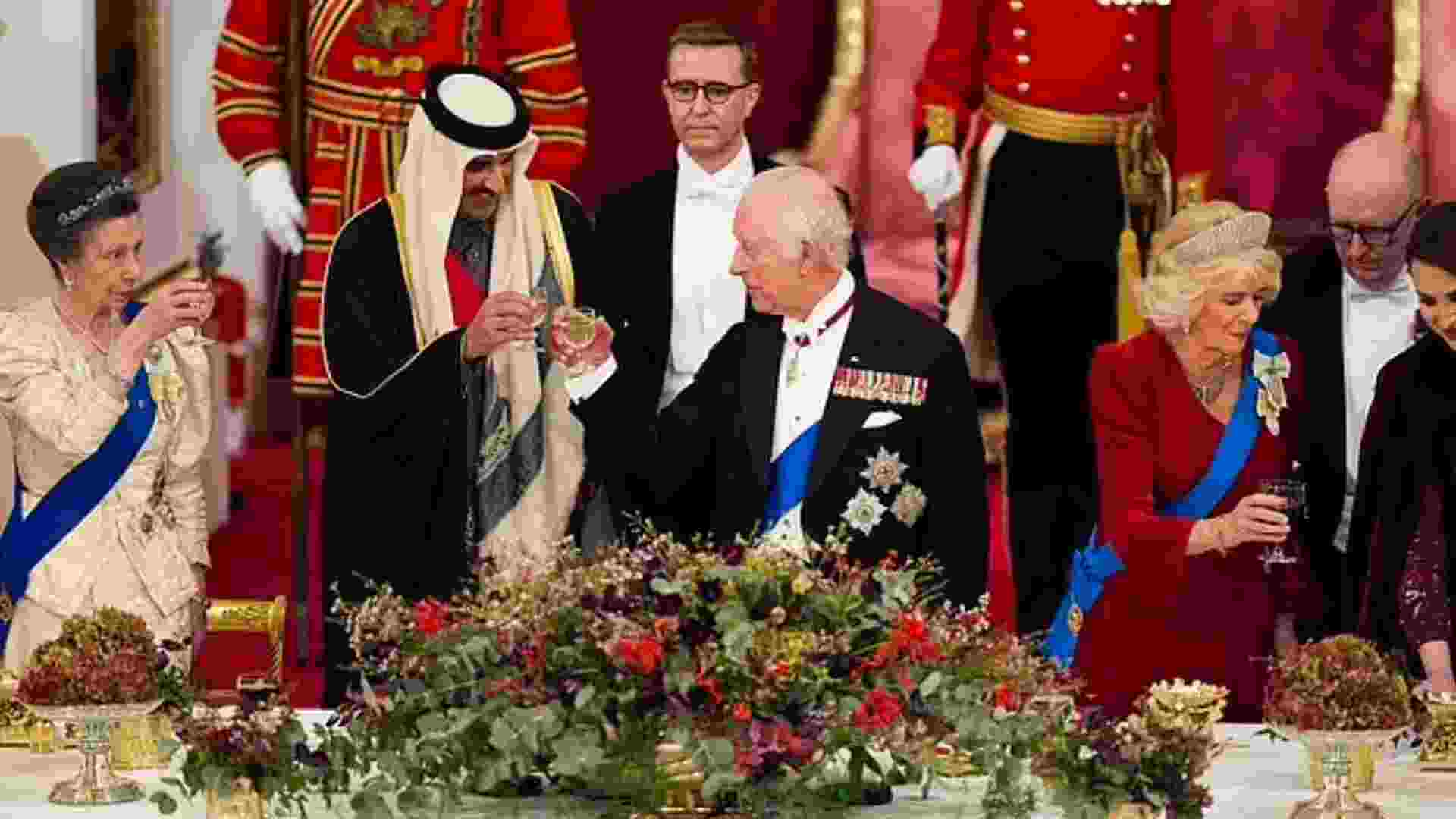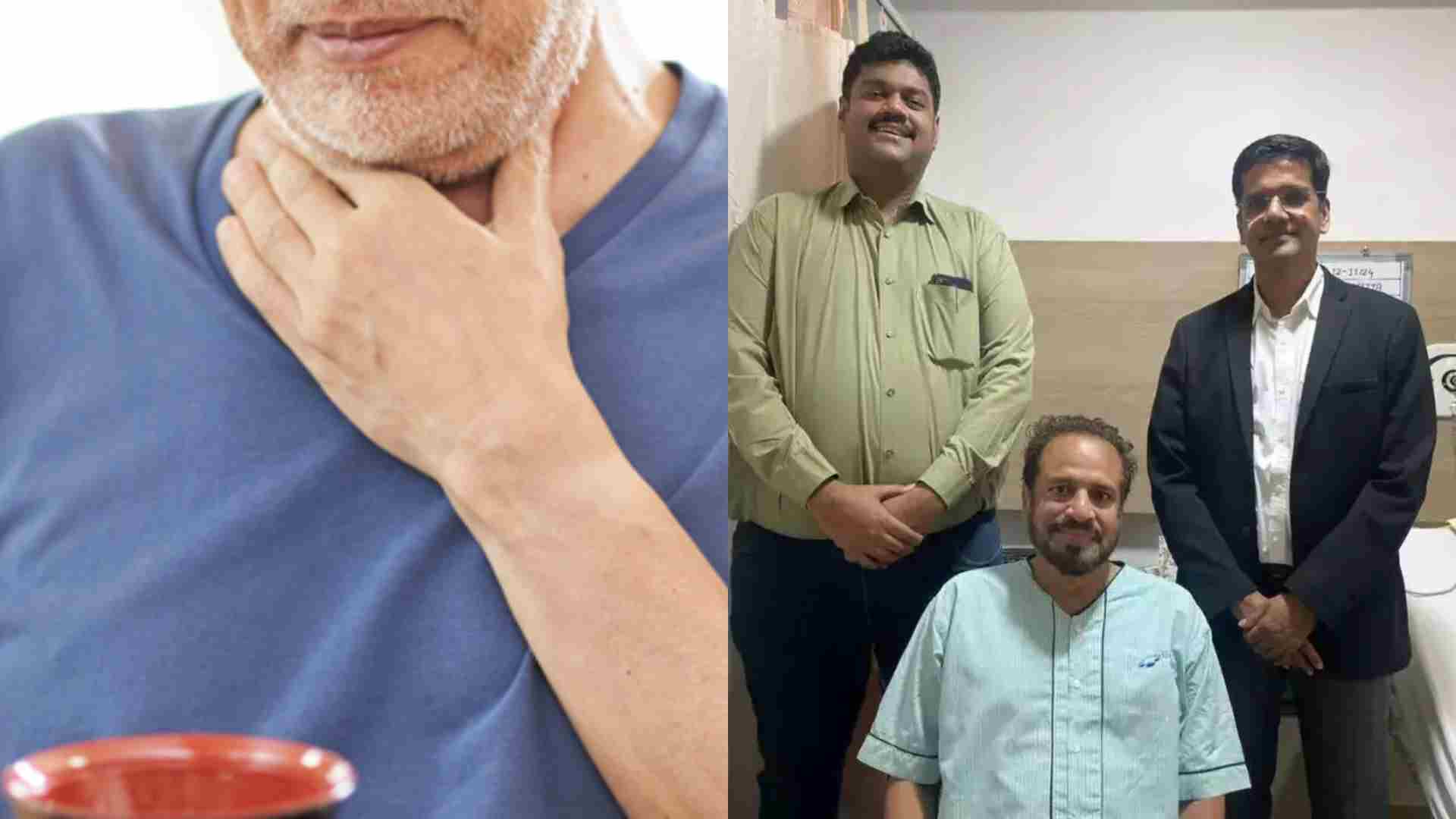


Thinking that he has not cleared the entrance examination of Post Graduate Institute of Medical Education and Research (PGIMER), he slept under the tree until he was woken up by a senior doctor who said, “We are calling your name for counselling for a long time. Don’t you want to take admission?” He has traversed a long journey. From literally walking nine kilometres a day to reach his school in Rajgarh district of Himachal Pradesh back in 1961 to climbing stairs of a stage to receive ‘Oscar in Pediatric Ophthalmology’ in Barcelona in 2015 and ‘Best of the Best Award’ in San Francisco in 2013 and again at New Orleans in 2016. The journey is incredibly inspiring! And now after delivering over 42 years of service at PGIMER, Chandigarh, Prof. Jagat Ram, Director of the Institute and Professor of Ophthalmology retired on 31 October 2021. From very humble beginnings in a small village of Himachal Pradesh, Dr Ram rose through life to become a leading ophthalmic surgeon of international fame and subsequently the Director of one of the premier medical institutions of India in March 2017. He was on the board of governors of the Medical Council of India since September 2018 and subsequently was appointed as a member of the National Medical Commission. During his tenure as Director, PGI, he also held additional charge of Directorship of three new upcoming AIIMS including Director, AIIMS, Raebareli till March 2020, AIIMS Bathinda till June 2020, and AIIMS Bilaspur. He was awarded the Padma Shri in 2018-19 by the President of India for his significant contributions in the field of medicine.
Under his dynamic leadership, PGI Chandigarh was consistently ranked as the second-best medical institute of the country after AIIMS, New Delhi. PGI was also ranked as the best hospital for organ donation for four years and won the Kayakalp award from the Government of India for its cleanliness. Advancing medical technology at PGI and multiple centres of advanced care have come up during his tenure. The 300-bedded Nehru Hospital Extension block was completed and is now fully functional. The work on the Advanced Neurosciences Centre and Mother and Child care Centre is at its advanced stages. Prof. Ram was successful in procuring 50.76 acres of land in Sarangpur for PGI at a reduced price and the same will be utilised for a 500 bedded Trauma Centre, Screening OPD, 500 bedded Cancer Centre, 600 bedded Gastroenterology and Hepatology Centre, Endocrinology Centre and Learning Resource Centre. Expanding the reach of PGI, Satellite Centre at Sangrur has almost been completed and work on Satellite Centres at Ferozepur and Una has been initiated.
The biggest challenge he faced during his tenure was perhaps the management of the Covid -19 pandemic starting from January 2020. He took the tough call of scaling down the physical OPD services for general patients. It was a difficult decision, but one that had to be taken. In retrospect, scaling down the OPD not only prevented the PGI OPD from becoming a super-spreader place but also gave time to strategise and come up with efficient ways to protect both our healthcare workers and the patients. Setting up facilities to tackle Covid patients was done at a war footing. A Covid management task force was constituted and a dedicated Covid-19 facility was established in the Nehru Hospital Extension block. Emergency services were never stopped. Covid testing facilities were scaled up rapidly and a facility for gene-expert testing for emergency cases was also established. Being an institute of national importance, PGI also mentored over 70 labs from all over north India and served as the referral centre for moderate-severe Covid cases from the neighbouring states. The second wave came with its own challenges with an overwhelming caseload of severe cases straining our intensive care facilities and the flurry of Mucormycosis cases only complicated the situation. But Prof. Ram and his team of healthcare workers including the institute faculty, residents, nursing officers, sanitation workers came together to successfully fight the biggest healthcare challenge we have faced in a century.
On a personal note, he has provided compassionate patient care for patients suffering from cataracts for over 42 years. He has made outstanding contributions in restoring the vision of several thousand children suffering from cataracts from their infancy or childhood with state-of-the-art surgical techniques with intraocular lens implantation. Imbibed with a missionary zeal, he has constantly offered his services in over 150 eye relief services in the rural areas of neighbouring states of Punjab, Haryana, and Himachal Pradesh. Prof. Ram is a regular participant at the rural camps at Beas, Amritsar where poor and deprived individuals are provided with high-quality care. During his two years assignment with the Republic of Seychelles as a Consultant Ophthalmologist from 2003 to 2005, he was successful in eliminating the backlog of cataract blindness in that country. He is a recipient of more than 36 international and national awards including the prestigious Best of the Best Award for Innovation in New Surgical Technique for children with cataracts at the American Society of Cataract and Refractive Society Conference held in San Francisco in 2013. He was awarded the Oscar for Paediatric Ophthalmology at the World Congress of Paediatric Ophthalmology in Barcelona in 2015. He was awarded the Best of the Best Awards at the New Orleans USA in 2016. During this televised facilitation ceremony, the Indian National Anthem was played in his honour. Having published his research in the highest impact journals like the New England Journal of Medicine, there is hardly an honour that has eluded him. He leaves PGI Chandigarh with a big void and large shoes for his successor to fill.














